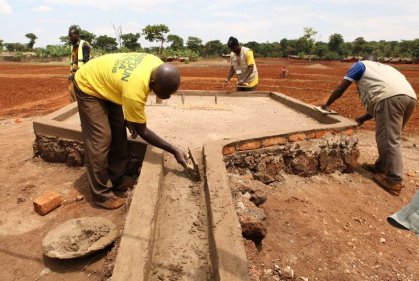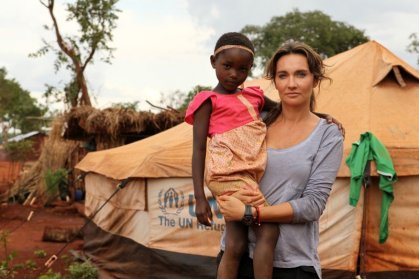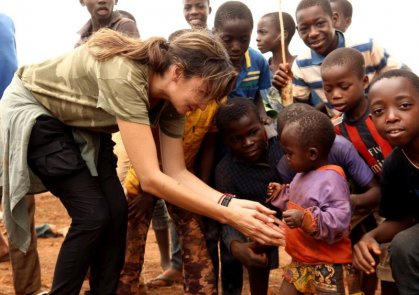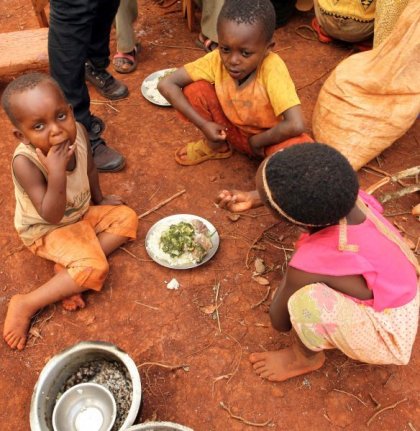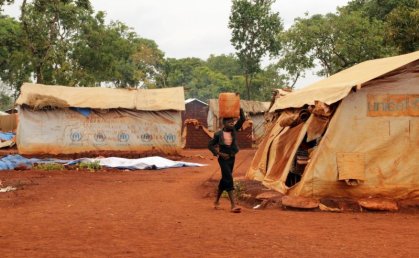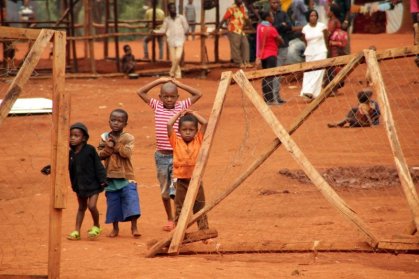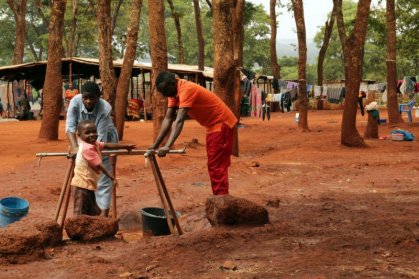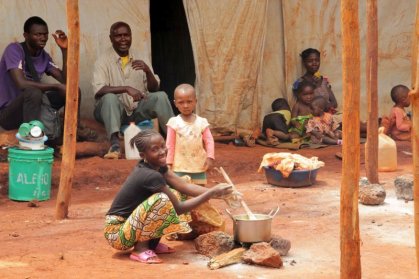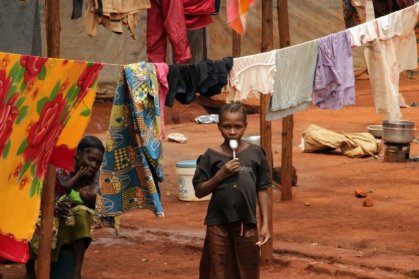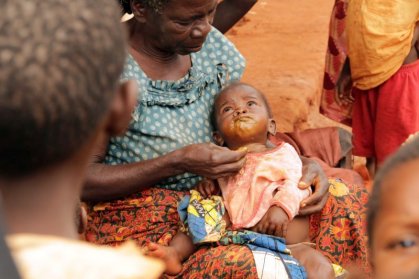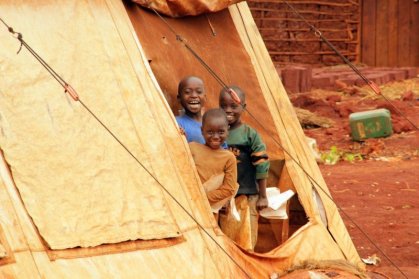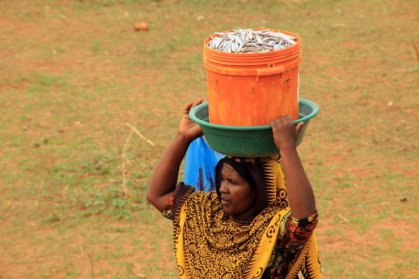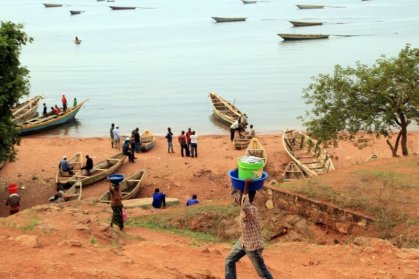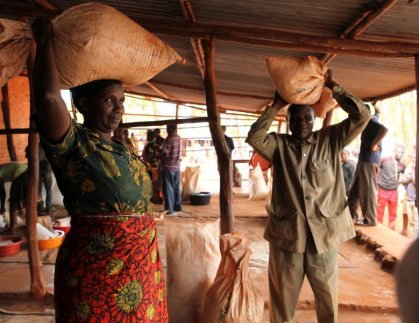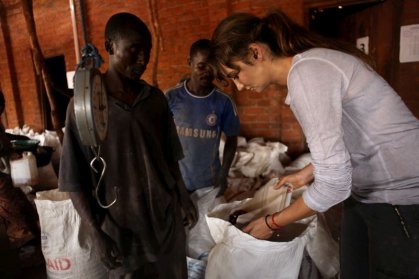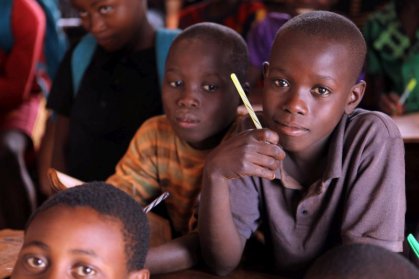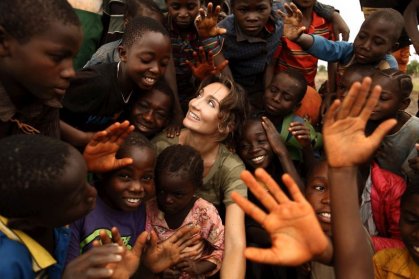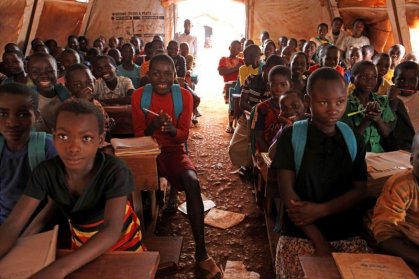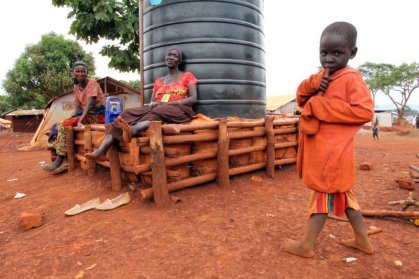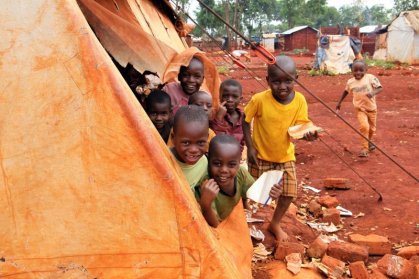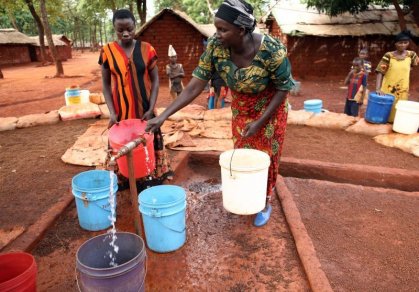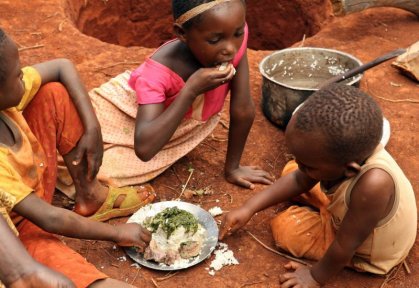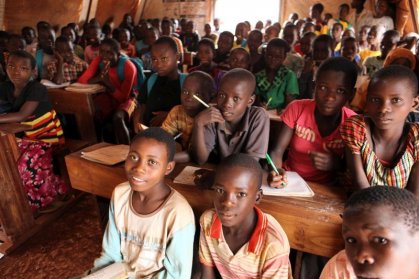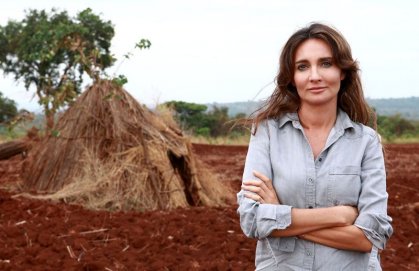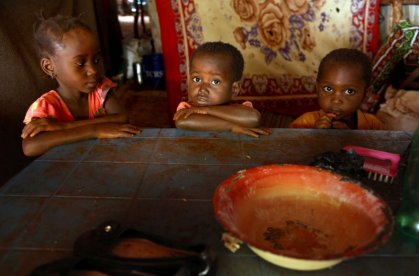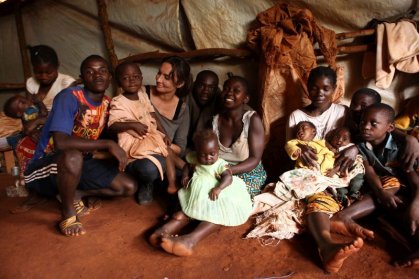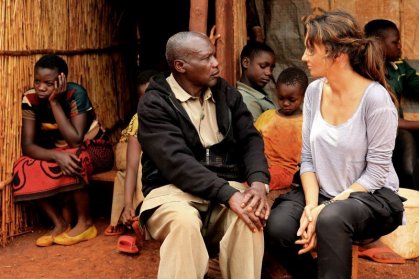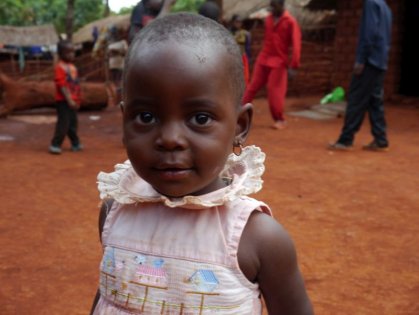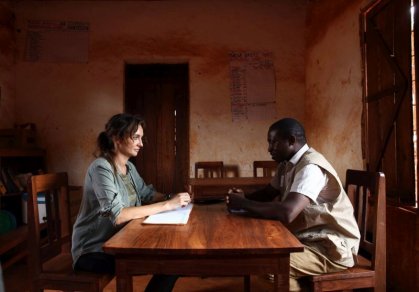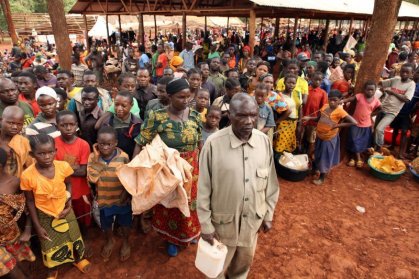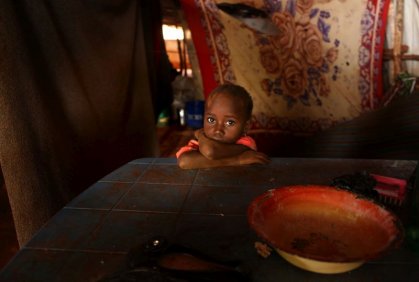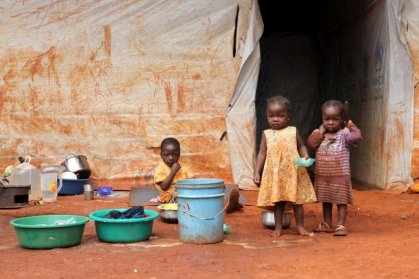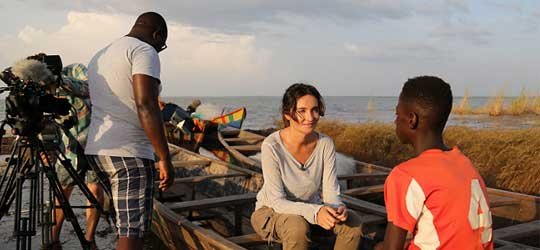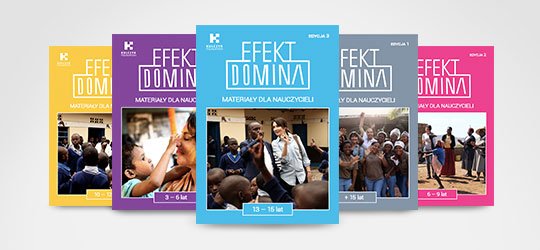COUNTRY / PROBLEM
Located in East Africa, Tanzania is one of the least developed countries in the world. The vast majority of the country’s population of 55 million people live in rural areas where access to drinking water and sanitation services is limited. This has a significant impact on the health and living conditions of the inhabitants as well as on the economy of the country as a whole. More than 60% of the rural population has no access to clean water, and more than 50% of people who run households must travel more than a kilometre a day on average to reach a source of drinking water during the dry season.
Tanzania has for decades been the country accepting the largest number of refugees in Africa. Ethnic and political conflicts in the neighbouring countries resulted in more than 222 thousand refugees from Burundi and more than 84 thousand refugees from the Democratic Republic of the Congo finding refuge in Tanzania in 2018.
There are several dozen refugee camps in Tanzania. During the production of the “Domino Effect” episode, the largest of these was Nyarugusu, which then was considered to be the third largest refugee camp in the world. At that time, more than 131 thousand people from Burundi and the Democratic Republic of the Congo were staying there.
ORGANISATION
Established in 1997, TWESA (Tanzania Water and Environmental Sanitation) organisation specialises in carrying out water and sanitation projects. From the very beginning of its existence, it has also focused on helping refugees. Independently of the undertaken water-related initiatives, over the period of more than 20 years of activity, TWESA has been giving support to refugees at seven camps in Tanzania, reaching more than 350 thousand people. In 2017, the organisation employed more than 530 people, including more than 390 refugees.
At Nyarugusu refugee camp, TWESA is responsible for managing the camp. The activities carried out by the organisation at the camp also include receiving refugees and allocating places of residence, distributing water and food, as well as providing medical assistance.
PROJECTS
Thanks to the support from Kulczyk Foundation:
- four steel water tanks with a capacity of 95 thousand litres each and one flexible water tank with a capacity of 30 thousand litres were purchased, which made it possible to store an additional 410 thousand litres of drinking water at Nyarugusu;
- water purification for all the refugees staying at the camp was secured for a year;
- four wells were renovated.



